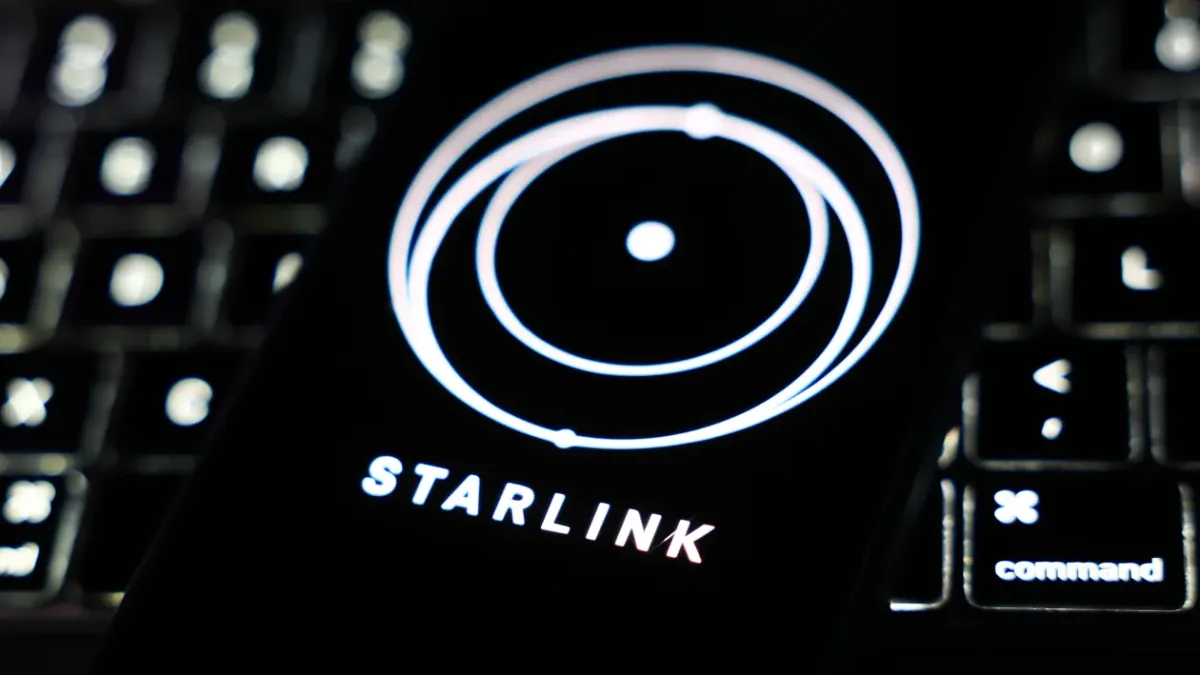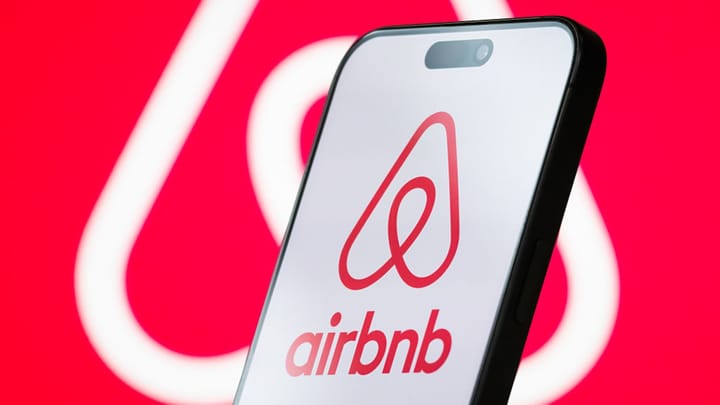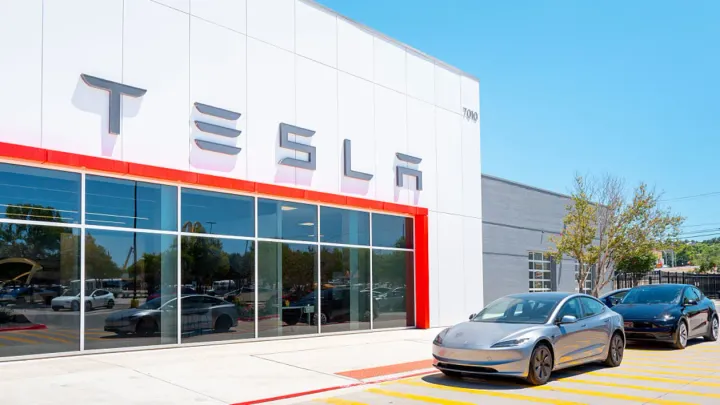Musk's Starlink Suffers Hours-Long Outage After T-Mobile Satellite Service Launch

Elon Musk's Starlink satellite internet service suffered a mass outage Thursday, one day after the rollout of T-Mobile's new satellite-based service, T-Satellite, which relies on Starlink's technology. The outage, which hit tens of thousands of customers worldwide, drew raised eyebrows as the appetite for space-based connectivity continues unabated.
Over 60,000 reports swamped Downdetector, an internet monitoring site that monitors service outages. The disruption started early in the afternoon and continued for around 2.5 hours, said Michael Nicolls, SpaceX's vice president of Starlink engineering. Elon Musk went on X (formerly Twitter) just before 4:30 p.m. ET to apologise and promised users service would return shortly. By 6:23 p.m. ET, Nicolls said the majority of customers were back online, and full service was later confirmed during the evening.
The blackout occurred at a crucial time for Starlink and its business partner T-Mobile. On Wednesday, T-Mobile launched T-Satellite, a service using Starlink's satellite to offer direct-to-phone connectivity in places where conventional towers do not. The product promises to revolutionise remote communication with no signal dead spots, particularly handy for hikers, tourists, and those in disaster zones.
T-Mobile has branded the new satellite function as a "connectivity revolution," but the timing of the outage raised concerns about Starlink's rapidly growing network being stable. Starlink or T-Mobile did not confirm if the introduction of T-Satellite contributed to the outage.
SpaceX's Starlink has accelerated at a record rate, with more than 2 million subscribers in over 60 nations. Yet, analysts and studies have recently noted that Starlink's performance degrades as user load is added—an issue faced by any expanding internet service provider, particularly one conducted via satellites.
Adding to the woes, Musk's social networking platform X has also experienced several outages this year. Musk acknowledged in May that "major operational improvements" had to be made to make platforms reliable. A similar interruption in July further raised the red flag about the tech tycoon's overstretched attention span at his different ventures, which include SpaceX, X, Tesla, and Neuralink.
The latest Starlink outage has fueled another round of discussion regarding how prepared satellite internet is to be used as a backup or primary network infrastructure, particularly for essential communications in an emergency or off-grid situation.
Though there was a hiccup, Musk is still upbeat. Only hours before the outage, he had tweeted that Starlink's direct-to-cell service is "growing fast." With further telecom giants looking into space-based infrastructure and rivals such as Amazon's Project Kuiper on the horizon, everyone is waiting to see how Starlink will continue to grow under greater pressure and demand.
Frequently Asked Questions (FAQs)
What caused the Starlink outage on July 24, 2025?
Though the reason was not publicly stated, Starlink labeled the incident a "network outage." SpaceX engineers brought service back online within 2.5 hours. Hopes for coincidence with the rollout of T-Mobile's T-Satellite service are high, but no confirmation has been made.
Was T-Mobile's new T-Satellite service impacted?
It's unclear. T-Mobile and Starlink have not said whether new T-Satellite service was disrupted. Because T-Satellite uses Starlink infrastructure, some transitory impact is likely but unreported.
How dependable is Starlink in general?
Starlink is mostly reliable, particularly in rural and underserved areas. Its speed and reliability can deteriorate, however, as more users are added to the network, according to recent research, emphasising the need for scalable infrastructure.
What is T-Mobile's T-Satellite service?
T-Satellite is a direct-to-smartphone satellite internet service fuelled by Starlink. It enables users to have basic text and communications available even when outside normal cellular range, as in national forests or rural areas.
Can outages like this recur?
Yes, outages are always a possibility—even for advanced satellite systems. With larger network size, maintenance, unforeseen system glitches, and space-related issues (such as satellite drift or signal interference) are still likely to temporarily disrupt the system. Starlink keeps upgrading its infrastructure to reduce the occurrence of these events.



